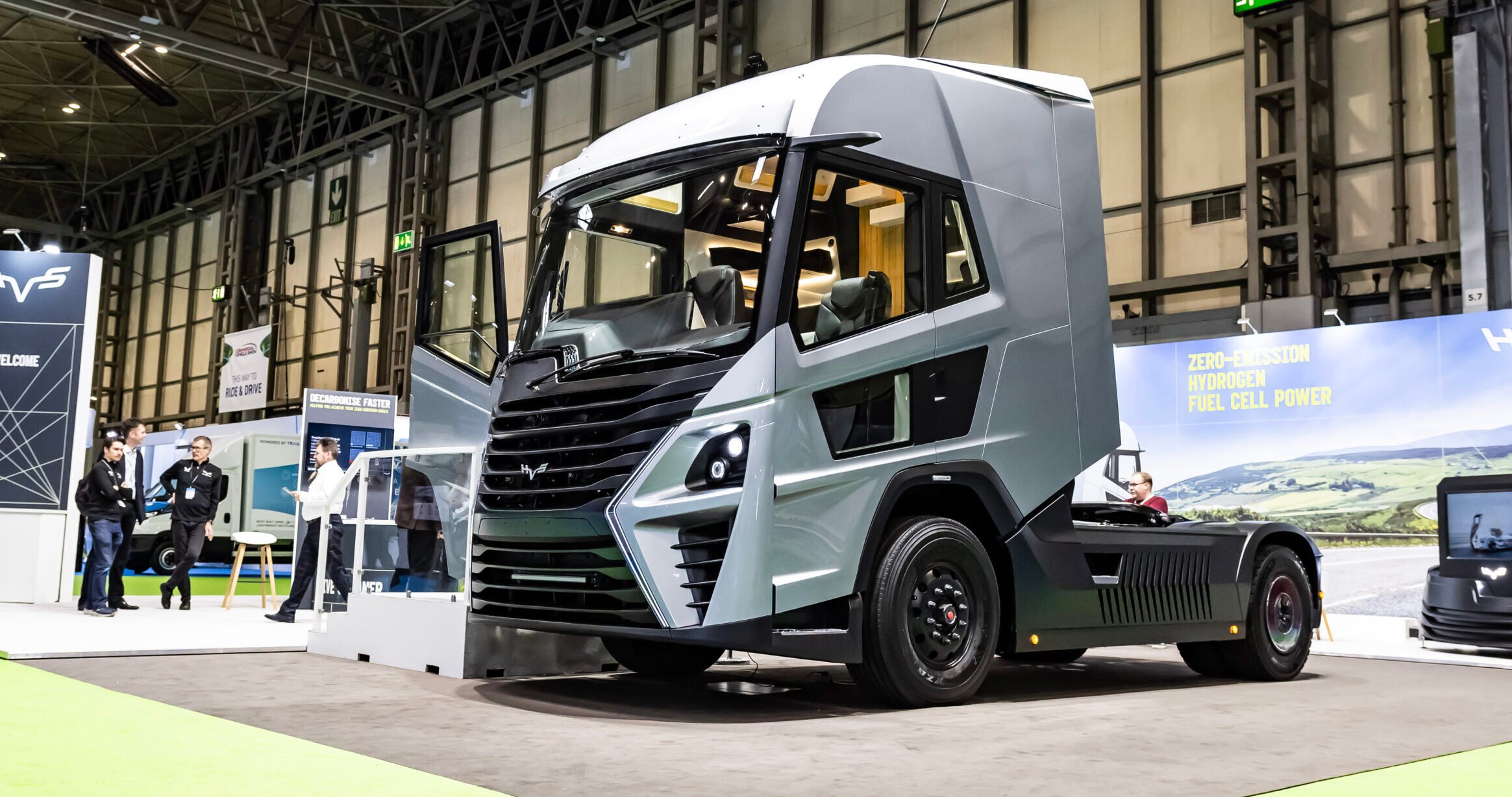Navigating Financial Challenges: Hydrogen Vehicle Systems' Transition from Manufacturing to Licensing
Key Ideas
- Hydrogen Vehicle Systems (HVS) shifts focus from manufacturing to technology licensing due to financial difficulties.
- The company's AI-driven system, AI-Semas, aims to retrofit existing diesel fleets for emissions reduction.
- HVS seeks £700,000 investment to support the transition and prevent legal actions.
- Transition to licensing in the hydrogen transport industry aims to accelerate vehicle deployment and leverage existing manufacturing infrastructures.
In the UK, Hydrogen Vehicle Systems (HVS) has transitioned its business model from manufacturing hydrogen-powered heavy goods vehicles (HGVs) to licensing its hydrogen propulsion technology. Despite facing financial challenges, with significant debts and creditor demands, HVS aims to stabilize by focusing on technology licensing rather than capital-intensive manufacturing. The company's founder, Abdul Waheed, has redirected HVS's strategy to offer AI-Semas, an AI-driven system for retrofitting diesel fleets, targeting broader markets and revenue streams. To support this transition, HVS urgently requires a £700,000 investment to avoid legal consequences and aid in the shift towards a licensing-focused approach. This change mirrors a trend in the hydrogen transport industry where companies like HVS collaborate with established manufacturers to accelerate hydrogen-powered vehicle deployment while reducing financial risks. By emphasizing core competencies in hydrogen propulsion technology and emission reduction, HVS aims to play a vital role in decarbonizing the freight transport sector, contingent on securing investments and forming effective partnerships.
Topics
Automotive / Trucking
Decarbonisation
Financial Challenges
Partnerships
Technology Licensing
Sustainable Transportation
Heavy Goods Vehicles
AI-driven Solutions
Investment Call
Latest News
